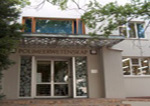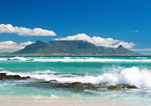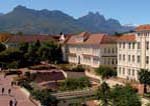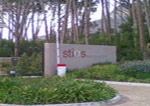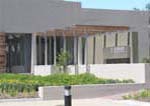 |
|
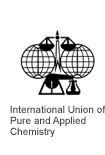 |
Your safety and well-being are of utmost importance to South Africans, but, as always, travellers should take a few basic precautions to ensure a safe and pleasant visit:
Accommodation:
- Never leave your luggage unattended
- Store valuables in your hotel or guest house's safety box or room safe
- Keep your room locked at all times
Transport:
- Always keep luggage where you can see it, at any tranport hub
On the mountain:
- Do not walk alone. Always ensure that you are in a group of at least four people
- Take your mobile phone with the emergency number punched in. Ensure it is hidden
- Always let someone know which route you will take and how long you will be
- If you get lost, stay where you are
- Landmarks: be aware of your surroundings
- Clothing: always take rain gear and a jersey
- Take water, sunblock, wear a hat and take a snack
- Maps: these are available at leading book stores and from Table Mountain National Park offices
- If you are threatened, don't resist, just hand over your possessions
At the beach:
- Always swim in areas supervised by a lifeguard
- Never swim alone
- Don't dive into unfamiliar waters - what may seem deep could be very shallow. Feet first is safer
- Protect your skin from overexposure to UVA and UVB rays by wearing waterproof sunscreen with a high protection factor of 20+. Avoid the sun between the hottest times of the day: 11:00-15:00
- Always wear a hat to protect your face
- Drink plenty of water regularly to avoid dehydration even if you don't feel thirsty. Your body needs water to keep cool and to replace lost salts through sweating
Sightseeing and entertainment:
- Use registered, qualified tour gides
- Don't leave handbags under tables, on the backs of chairs or on restroom hooks
- Travel in groups, especially if you are visiting a nightclub or bar you haven't been to before
- Don't use train services after dark
In the street:
- Obtain a map, and plan your route before you set out on an excursion
- Consult your hotel or nearest Visitor Information Centre for a reliable taxi service
- When crossing the street, use pedestrian crossings where possible and be aware of oncoming motorists at all times. Look right, look left and look right again before crossing
- Don't carry large sums of money, and avoid counting it in the open
- Explore in groups and stick to well-litt, busy streets, especially at night
- Please don't give money to street children or beggars. If you wish to assist them in a meaningful way, contact any Visitor Information Centre to obtain a list of organisations who would be most grateful for the assistance
Money and travel documents:
- Travel with certified copies of your valuable documents, and keep originals in a safe place
- Countersign no more than half your traveller's cheques
- Separate your cash and credit cards and don't carry all your cash / traveller's cheques with you during the day. Rather store half of them in your hotel room safe
- Don't allow strangers to assist you with ATM transactions. If your card gets stuck, immediately call that ATM's helpline number
- Be alert and never turn your back while your ATM card is in the machine
- Report lost passports and visas, without delay to the South African Police Services (SAPS)
On the road:
- Familarise yourself with local rules of the road. Remember, South Africa is a left-hand drive country
- Plan your route and fuel consumption in advance. Fuel can only be purchased with cash, debit cards or credit cards at most petrol stations
- Have phone numbers of your destatination in hand, in case you get lost
- Keep the car doors locked at all times, the car windows wound up and any valuables locked in the boot
- Never pick up strangers or ask them for directions. Rather go to the nearest businiess or petrol station if you get lost
- Pay special attention to speed limits, road signs and traffic markings
- It is compulsory to have your driver's licence on you when driving, and to carry a translation of your driver's licence, if it is not in English


